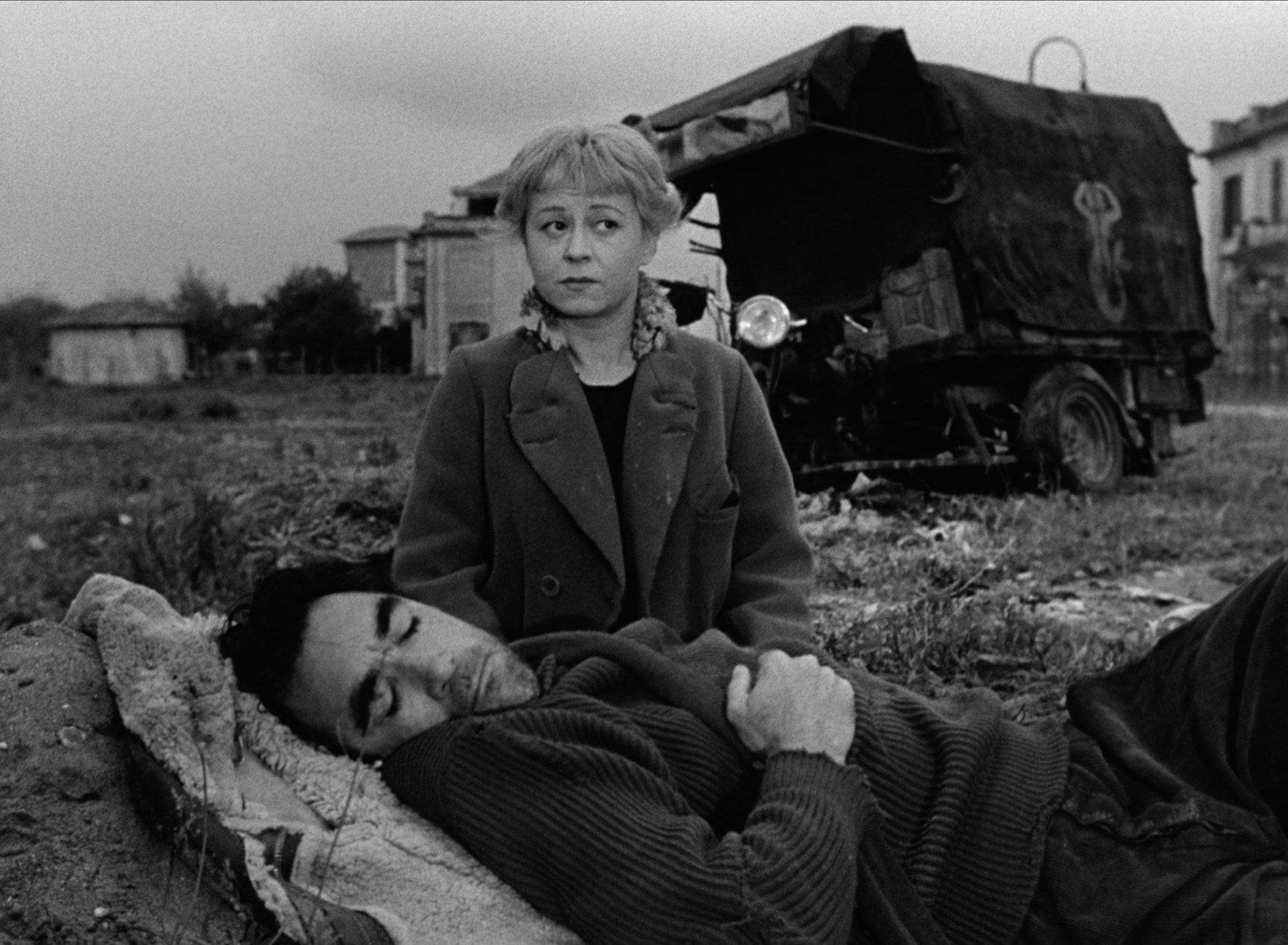
- Film
Unsheltered Cinema: A Long History of Homelessness
Spin Time, Sabina Guzzanti’s new documentary about the have-nots in our society and their ongoing struggle for a roof over their head, is just the latest example of how the international film community is starting to deal with these issues, both in fiction and in non-fiction. It is not insignificant that the most talked about TV series of the moment is the Korean Squid Game, an unsettling depiction of what desperation and poverty can force a person to do in a capitalistic and unequal society; and the fact that the Oscar winners for Best Film of the last two years have been 2019s Parasite, a tragicomedy hinging on the disparity of income and the quality of life in a big city, and last year’s Nomadland, the story of a woman abandoning the remains of a life lived in the hamster’s wheel of conventional prosperity and embracing a nomadic existence off the grid.
Hollywood’s depictions of homelessness and homeless people in the past have generally treated them as vagabonds, hobos, and eccentrics – take, for instance, Charlie Chaplin’s The Tramp (1915), whose protagonist is “rescued” by a well-off family, only to return to his vagrant ways. Granted, it was a comedy. More serious was Federico Fellini‘s La Strada (1954), the story of Gelsomina (Giulietta Masina), a simple-minded young woman forced by a brutish professional strongman into a life on the road.
Without going so far back in time, while still staying in mainstream Hollywood, it is worth mentioning Steven Spielberg‘s The Terminal, about a man (Tom Hanks) stuck for months at the airport in New York, without a home and effectively without a country; Gabriele Muccino’s The Pursuit of Happyness (2006), with Will Smith as a man on the verge of homelessness who fights for a job and for his young son’s future; and Joe Wright‘s The Soloist (2009), about a homeless man (Jamie Foxx), a talented violinist afflicted with schizophrenia – the issue of mental health being one which is too often overlooked when considering the issues of poverty and marginalization.
More recently came 2018s The Public, about an act of civil disobedience that turns into a standoff with police when homeless people in Cincinnati take over the public library to seek shelter from the bitter cold; and The Lady in the Van (2015), the story of an elderly woman who lives in a sorry-looking van, and the unlikely bond she forms with a man who, at first, is indifferent towards her. These are movies that empathize with the marginal and the excluded.
Just last month, at the recent Rome Film Festival, the companion piece to Sabina Guzzanti’s Spin Time was the film The Legionnaire, the fictional story of two brothers, one a policeman, the other living with their mother in an occupied building very similar to Spin Time, one of whom is facing the threat of being evicted by the police, while the other, the policeman, is plagued by remorseful feelings and a shared dread of violence. Directed by Hleb Papou, a Belarusian living in Rome and presenting his first full-length film, it received major acclaim on its premiere at the festival.
If some of these films might be perceived as melodrama, it might be up to documentaries more accurately to delve into the problem of poverty and homelessness affecting our society and to raise awareness about the inequality of wealth distribution in the world.